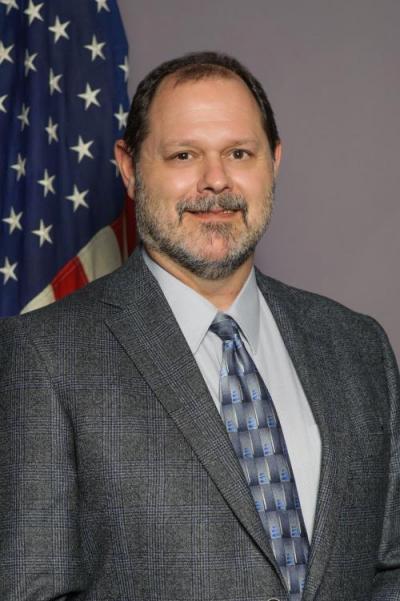City Manager
Council-Manager Form of Government
The City of Molalla operates under the council-manager form of government—the most popular form of local government in the United States. This type of local government unites the political leadership of elected officials with the managerial skill of an appointed manager or administrator. The power to adopt laws (ordinances) and to adopt policies and priorities rests with the City Council, which includes the mayor and members of the council. The council in turn, recruits, hires and regularly evaluates a nonpartisan, professional manager who has very broad authority to run the city.
The council-manager system was born out of the U.S. progressive reform movement at the turn of the 20th century as a way of combating corruption and unethical activity in local government by promoting effective management within a transparent, responsive, and accountable structure.
How Council-Manager Government Works
The elected city council develops a long-range vision and goals for the city, and establishes policies and priorities.
To ensure that these policies are carried out, the council appoints professional manager on the basis of his/her education, experience, skills, and abilities (but not political allegiances). If the manager is not responsive to the council, it has the authority to terminate the manager at any time.
Key features of the council-manager form of government:
Political power is concentrated in the entire governing body. The mayor and council share legislative functions. Decisions are made by majority vote of the council. Policy making resides with elected officials, while supervision of the day-to-day operations of the community is the manager’s job.
The manager carries out the policies established by the council with an emphasis on effective, efficient, and equitable delivery of city services.
Because decisions on policy and the future of the community are made by the entire governing body rather than a single individual, council-manager governments more often engage and involve citizens in decision making. Citizens contribute by serving on boards and commissions, participating in visioning and strategic planning, and developing community priorities and activities.
The council-manager form is flexible enough to adapt to local needs and demands. In Molalla, six councilors are elected at-large to four-year terms. Terms are staggered so that all councilors are not elected at once. The mayor is elected to a two-year term, serves as presiding officer of the council, and has the authority to appoint members of boards and commissions.
Under home-rule authority granted by the Oregon Constitution, cities may choose their own form of government. Molalla, like most cities in Oregon, uses the council-manager system. The form of government and the powers and duties of the council, mayor, city manager and related matters are spelled out in the Molalla City Charter, which can only be amended by a vote of the citizens of Molalla.
The Role of the City Manager
The manager is hired to serve the council and the community and brings to the position the benefits of his/her training and experience in administering municipal projects and programs. The manager:
Prepares a budget for the council’s consideration;
Ensures that the City operates in conformance with federal and state laws, the City Charter, and local ordinances and policies.
Recruits, hires, supervises, promotes and terminates government staff; serves as the council’s chief advisor and helps develop policies and ordinances for the council’s consideration; works to implement the councils goals, policies and priorities.
Council members and residents count on the manager to provide complete and objective information about local operations, discuss the pros and cons of alternatives, and offer an assessment of the long-term consequences of their decisions. Appointed managers serve at the pleasure of the council and can be fired by a majority of the council. The manager is bound by whatever action the council takes, and control is always in the hands of the elected representatives of the people.

